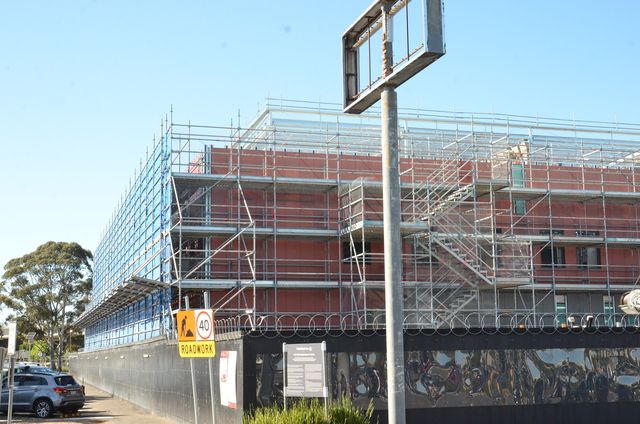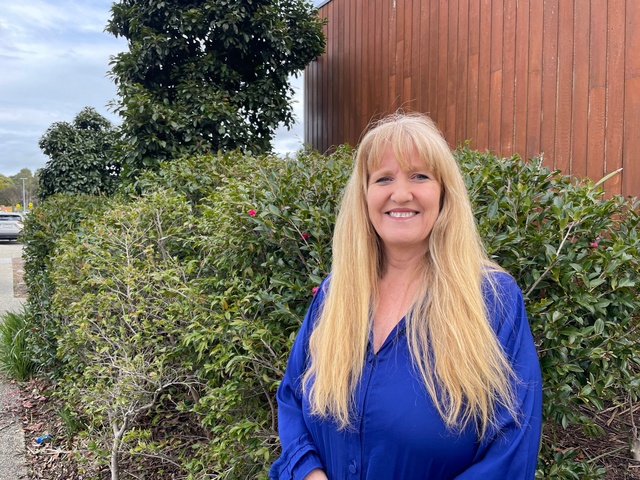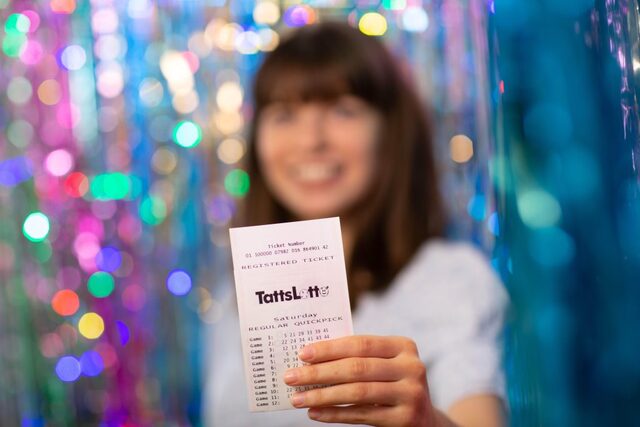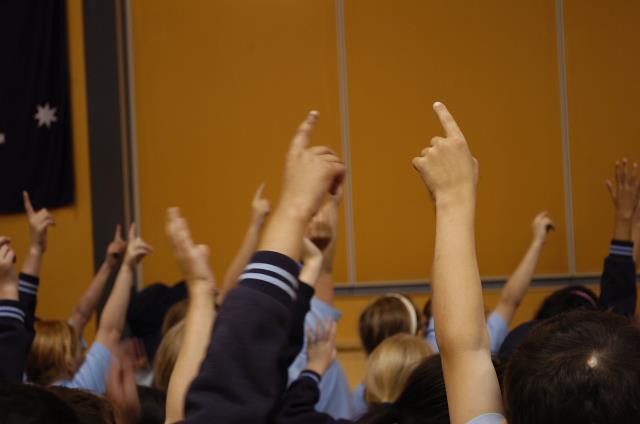FOR some people, the simple task of getting out of bed in the morning is not simple at all.
These people are either bed ridden or permanently wheelchair bound.
Or worse still, they cannot afford a wheelchair in the first place.
But for the past 18 months the Wheelchair Foundation of Australia’s Victorian branch has been working hard to raise funds and provide wheelchairs to those who otherwise would go without.
The wheelchairs are heavily subsidised by companies throughout Australia and the world, and each wheelchair costs $100.
So far the organisation has sent chairs to Samoa and other parts of the Pacific and Asia as well as all over Australia.
This week, Four Oaks Ward councillor Roland Abraham presented the charity with $1000, which will now buy 10 wheelchairs.
Cr Abraham said that last year’s tsunami and the recent devastation caused by Hurricane Katrina in New Orleans highlighted the importance of the foundation because many people would now be in need of wheelchairs.
But he said there was also a real need for wheelchairs closer to home.
“Many people cannot afford wheelchairs especially in Third World countries or indigenous communities throughout Australia,” he said.
“This foundation gives people independence and mobility and is a real gift of hope to those who are wheelchair ridden. One hundred dollars goes a long way and puts a real smile on people’s faces.
“It also creates a real sense of belonging as some people have been isolated from the community because they have not been able to go out.”
Ben Mammone, 22, of Narre Warren North, has been a volunteer with the Victorian branch since its inception.
His brother Daniel is wheelchairbound and his parents, Vincent and Sharon, are chairman and secretary respectively of the foundation.
His father’s company, Via Trans, in Keysborough, receives and distributes the wheelchairs in Victoria.
“The need for chairs is just so great,” Mr Mammone said. “We are just being swamped.
“Over the past three weeks, 100 chairs have been sent to Aboriginal health services in Victoria and 140 just left for Redfern in Sydney.”
Mr Mammone said the best thing about the charity was that you could travel to countries and literally put people in the chairs and witness their reactions first hand.
He said he had already travelled to Samoa, at his own expense, to present wheelchairs to people.
“With some charities you may pay $1 a day for a child but you never get to meet them or be totally sure that the money is getting there,” he said.
“But with this, even if you do not see people receive the chair in person, you receive a photo and a certificate to say they have been presented with it.
“It is just such a good feeling.”
Mr Mammone said the Wheelchair Foundation was completely volunteer based and no donated funds were spent on administration.
Programs were being implemented to help encourage local schools to raise funds for the foundation, he said.
Local rotary clubs were also sponsoring an essaywriting competition where students could write a story about the wheelchair foundation.
Mr Mammone said two students from each of the three winning schools would then get the opportunity to travel to Fiji and help present the chairs in person.
Foundation helping others to move on
Digital Editions
-

Pakenham hospital urgent care promise in doubt
Residents fear Pakenham’s hospital could mirror Cranbourne, which failed to deliver urgent care services, a promise they say was made during planning. Concerns intensified after…





